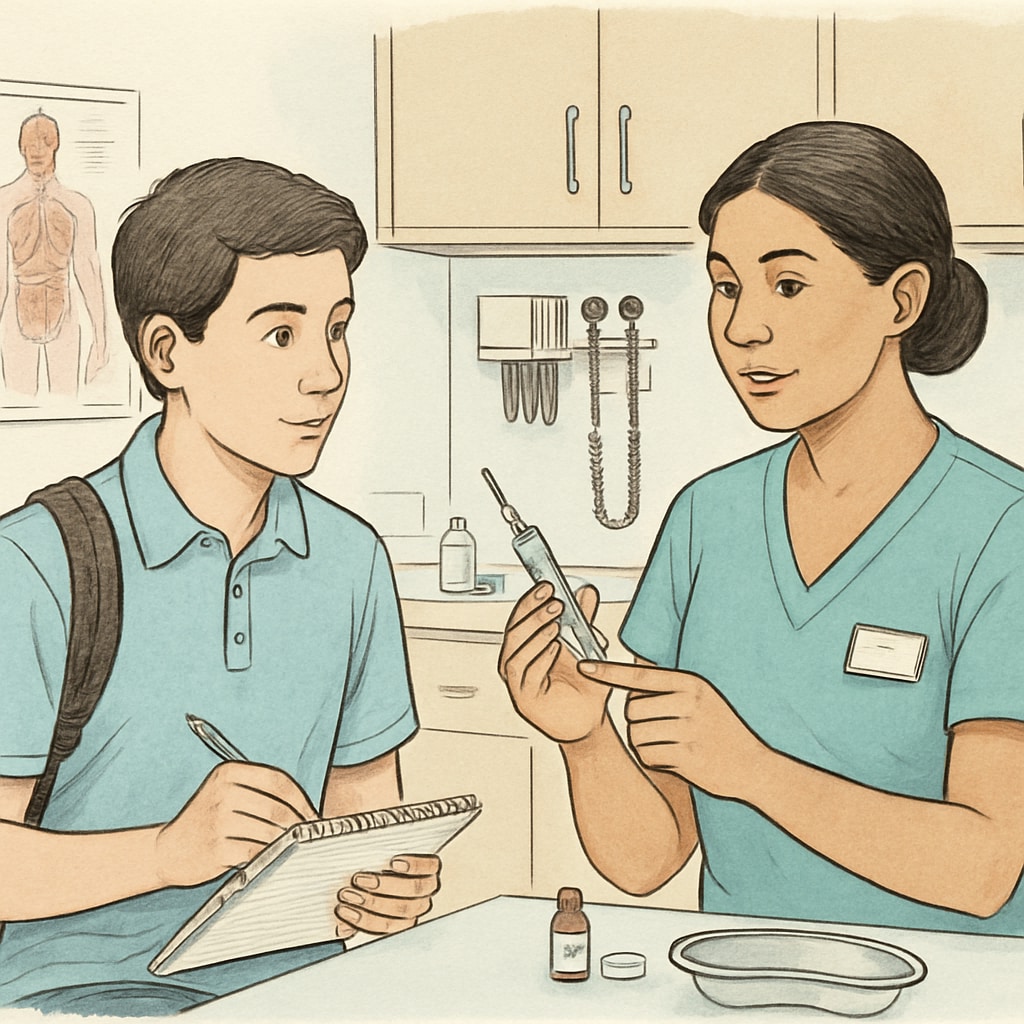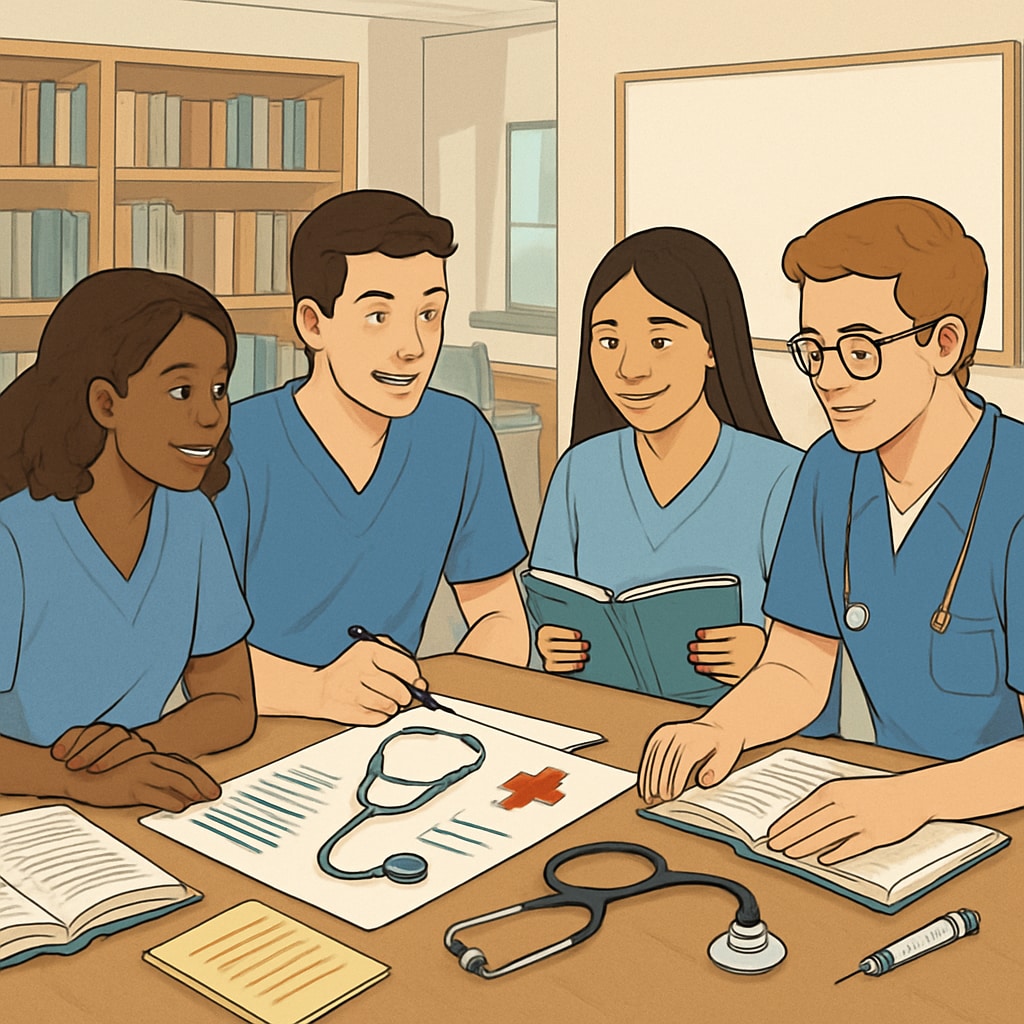Preparing for a nursing career often begins long before stepping into a college classroom. For students in the K12 stage, careful planning can set the foundation for success in a competitive nursing program, facilitate a smooth college transfer, and even provide valuable EMT experience. Balancing these professional aspirations with an active and engaging campus life poses unique challenges but is entirely achievable with the right strategies.
Why Early Career Planning Matters
Starting early is crucial for those pursuing a career in nursing. K12 students can benefit immensely from exploring healthcare-related courses and extracurriculars, both of which build a strong academic foundation and foster practical skills. For example, enrolling in biology, anatomy, and chemistry courses can provide essential knowledge. Meanwhile, volunteering at local clinics or shadowing healthcare professionals can offer real-world insights.
Early planning also allows students to consider their long-term goals, such as which nursing programs align with their aspirations, whether they might need to transfer colleges to access better opportunities, and how EMT experience could enhance their nursing credentials. According to Wikipedia’s Nursing Education page, hands-on experience and academic preparation go hand-in-hand to produce skilled healthcare professionals.

Balancing Academics and Campus Life
While academic preparation is essential, maintaining a balanced lifestyle during college is equally important. A vibrant campus life offers opportunities for personal growth, networking, and stress relief, all of which contribute to overall well-being. Students should aim to participate in clubs, sports, or social events that align with their interests while staying disciplined in their studies.
For those considering college transfer, it’s vital to research schools with strong nursing programs that also provide a supportive community. Look for institutions that offer resources like academic advisors, career counselors, and peer mentorship programs to help students balance their professional and social lives effectively.

Integrating EMT Experience into Nursing Preparation
EMT (Emergency Medical Technician) experience can be a game-changer for aspiring nurses. It provides hands-on exposure to patient care, quick decision-making under pressure, and a deeper understanding of healthcare systems. Many nursing programs value EMT experience as it demonstrates commitment and practical expertise.
To incorporate EMT training effectively, students can look for certification programs during their high school years or summer breaks. These programs often complement academic coursework and make college transfer applications stand out. Britannica’s EMT page highlights the critical role EMTs play in emergency healthcare, underscoring their relevance to nursing careers.
Key Strategies for Success
- Plan Academically: Choose K12 electives related to healthcare and excel in science courses.
- Engage Practically: Volunteer or shadow professionals in healthcare settings to gain exposure.
- Explore EMT Training: Pursue EMT certification to strengthen college applications and gain real-world skills.
- Research Nursing Programs: Identify colleges with strong nursing programs and supportive campus environments.
- Balance Life: Participate in campus activities to ensure personal growth alongside professional development.
In conclusion, balancing nursing program preparation, college transfer, and EMT experience with an active campus life requires careful planning and discipline but is entirely achievable. By starting early, exploring hands-on opportunities, and prioritizing well-rounded development, students can set the stage for a successful and fulfilling nursing career.


